On August 22, CEO of Nvidia technology corporation, Mr. Jensen Huang, said the company is discussing with President Donald Trump's administration about the possibility of developing a new type of computer chip specifically for the Chinese market, in the context of US high-tech export control regulations that remain strict.
During a meeting with semiconductor manufacturing group TSMC, Nvidia's main partner in Taiwan (China) and also the world's largest chip manufacturer, Mr. Huang confirmed that he is proposing a product of the next generation of the H20 chip line for the Chinese market.
He said the new product, expected to be called “B30A,” will serve artificial intelligence (AI) data centers in China.
However, Mr. Huang also said the final decision will still depend on the US Government .
Nvidia is currently in talks with the government, but it's too early to know the final outcome.
The B30A is built on Blackwell technology, Nvidia's next-generation GPU (graphics processing unit) architecture that provides superior performance, connectivity, security, and scalability, specifically targeted at large-scale AI applications.
However, the performance of the B30A is only half that of the high-end B300 chip line, which is currently banned from export to China by the US due to national security concerns.
Recently, the US government has allowed the resumption of H20 chip exports to China, after being suspended since last April.
Under the new rules, Nvidia will have to pay the US government a 15% tax on each shipment to China. This comes after the US and China, in recent trade negotiations, agreed to remove some non-tariff barriers.
China agreed to issue more licenses to export rare earth magnets, while Washington lifted some restrictions on chip and jet engine design software.
Previously, the Cyberspace Administration of China said that Nvidia chips have “serious security issues,” including the ability to track location, remotely shut down the device, and suspected security “backdoors.” In response, Mr. Huang affirmed that Nvidia’s H20 chip line does not have any “backdoors”./.
Source: https://www.vietnamplus.vn/nvidia-thao-luan-kha-nang-phat-trien-chip-ai-moi-cho-thi-truong-trung-quoc-post1057352.vnp







![[Photo] Closing of the 13th Conference of the 13th Party Central Committee](https://vphoto.vietnam.vn/thumb/1200x675/vietnam/resource/IMAGE/2025/10/08/1759893763535_ndo_br_a3-bnd-2504-jpg.webp)



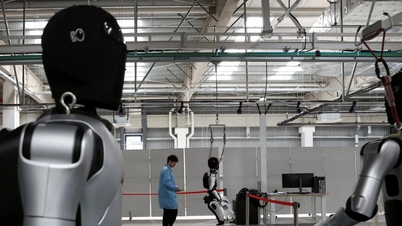

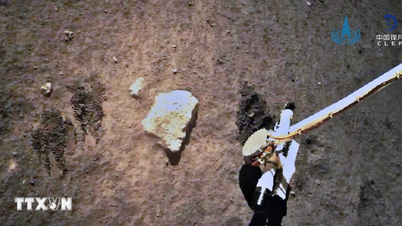




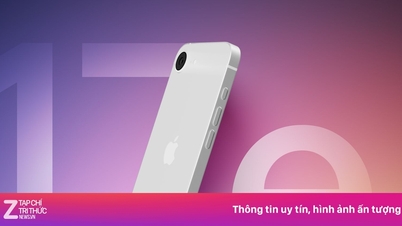









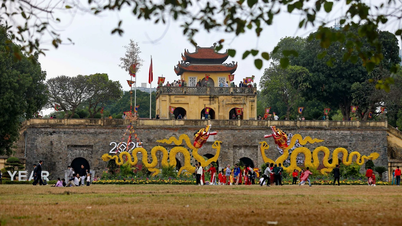


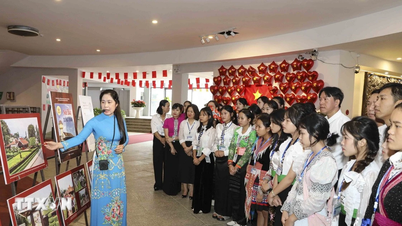


























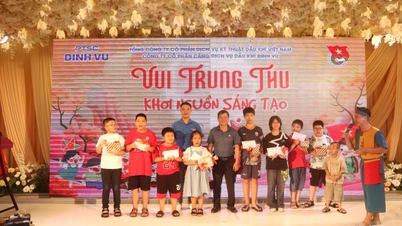




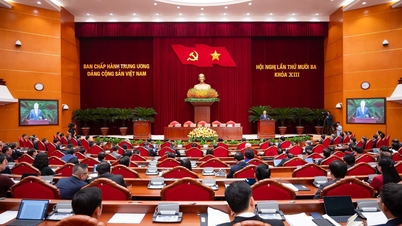


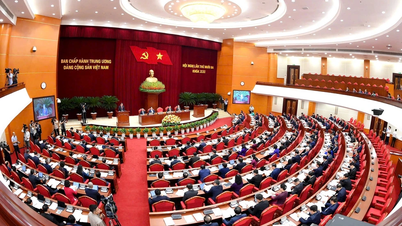

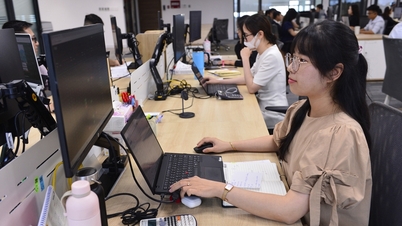































Comment (0)